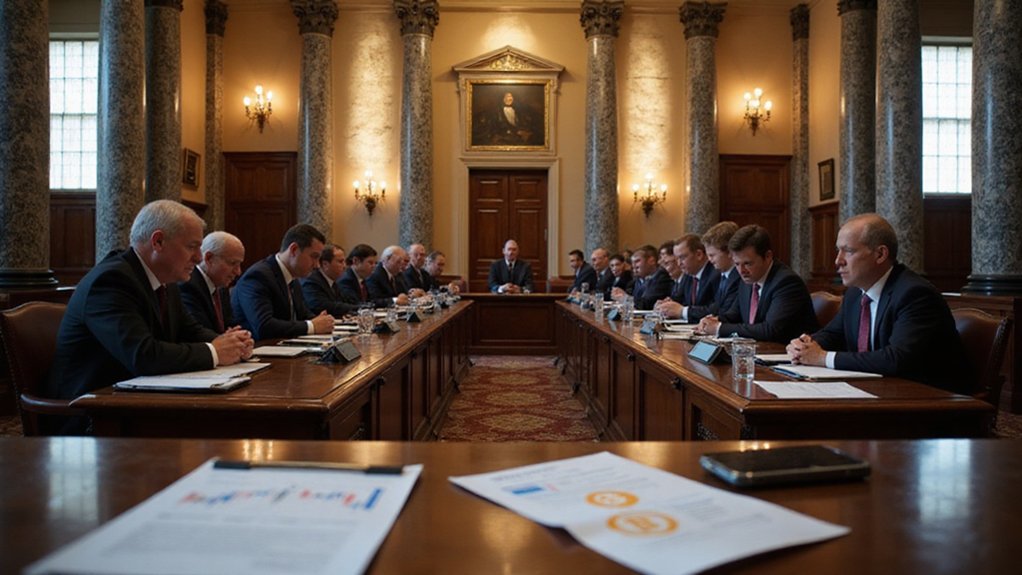Several months after President Trump’s bold March 2025 executive order establishing a Strategic Bitcoin Reserve—positioning the United States as the future “crypto capital of the world”—the administration finds itself steering through increasingly choppy waters as key implementation deadlines have quietly slipped by without public acknowledgment.
The executive order’s ambitious framework called for treating approximately 200,000 BTC in government holdings (seized through various criminal and civil proceedings) as permanent reserve assets, comparable to petroleum and gold stockpiles. Additionally, a separate digital asset stockpile would encompass other forfeited cryptocurrencies, creating what officials envisioned as a unified federal management framework for the emerging asset class.
Yet the administration’s crypto rhetoric has collided with bureaucratic reality. The 30-day deadline requiring agencies to account for digital assets and evaluate transfer authorities passed without visible compliance. More tellingly, the Treasury Secretary’s 60-day mandate to assess legal and investment considerations—potentially including legislative recommendations—expired with no public deliverables forthcoming.
The gap between executive ambition and administrative execution has left critical deadlines unmet and deliverables undelivered.
This implementation gap has sparked pointed criticism from multiple quarters. Economists question the fiscal prudence of maintaining volatile digital assets as government reserves, while crypto advocates worry about regulatory uncertainty undermining market confidence. The irony is palpable: an administration promising to eliminate regulatory obstacles has seemingly created new ones through operational inertia.
The broader policy framework remains similarly stalled. A presidential Working Group tasked with delivering extensive regulatory recommendations within 180 days continues its deliberations, though industry participants increasingly question whether meaningful guidance will materialize before political priorities shift. The complexity is further compounded by the fact that regulatory frameworks struggle to keep pace with crypto innovations, creating additional hurdles for implementation.
Several states, initially inspired by federal leadership, have begun pursuing independent cryptocurrency reserve initiatives—a development that arguably undermines the administration’s centralized approach while highlighting Washington’s sluggish execution. As of March 2025, 16 U.S. states have introduced legislation for state-level Bitcoin reserves, demonstrating growing momentum at the local level despite federal delays.
The administration’s early moves to rescind Biden-era crypto policies generated initial enthusiasm among digital asset proponents. However, the growing disconnect between ambitious announcements and tangible progress threatens to erode credibility in a sector where regulatory clarity remains paramount.
Whether Trump’s crypto capital vision materializes depends largely on translating executive orders into operational reality—a challenge that has proven more complex than campaign promises suggested. Critics point to previous government missteps where premature bitcoin sales cost taxpayers over $17 billion in potential value, underscoring the stakes of effective digital asset management.








